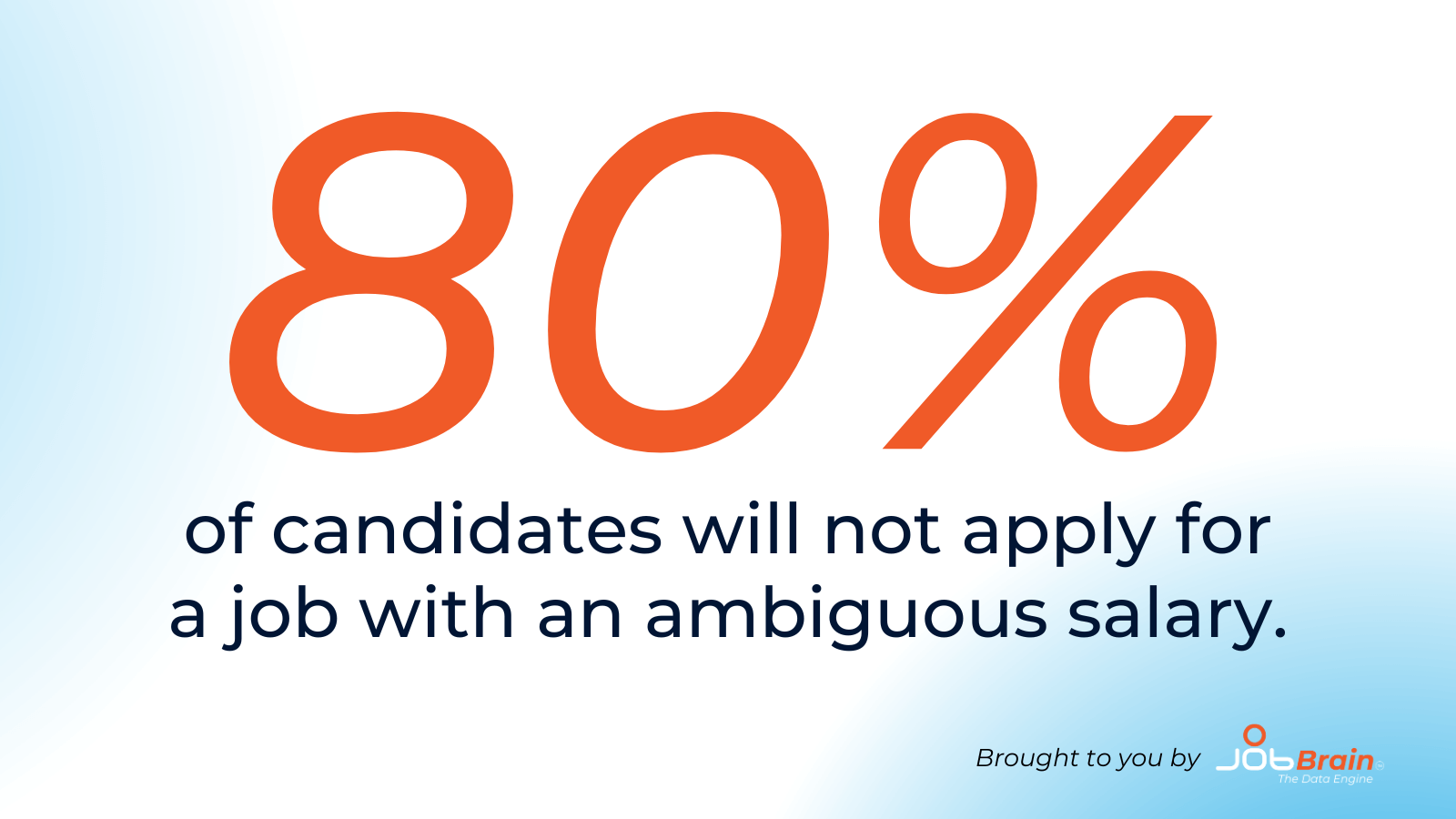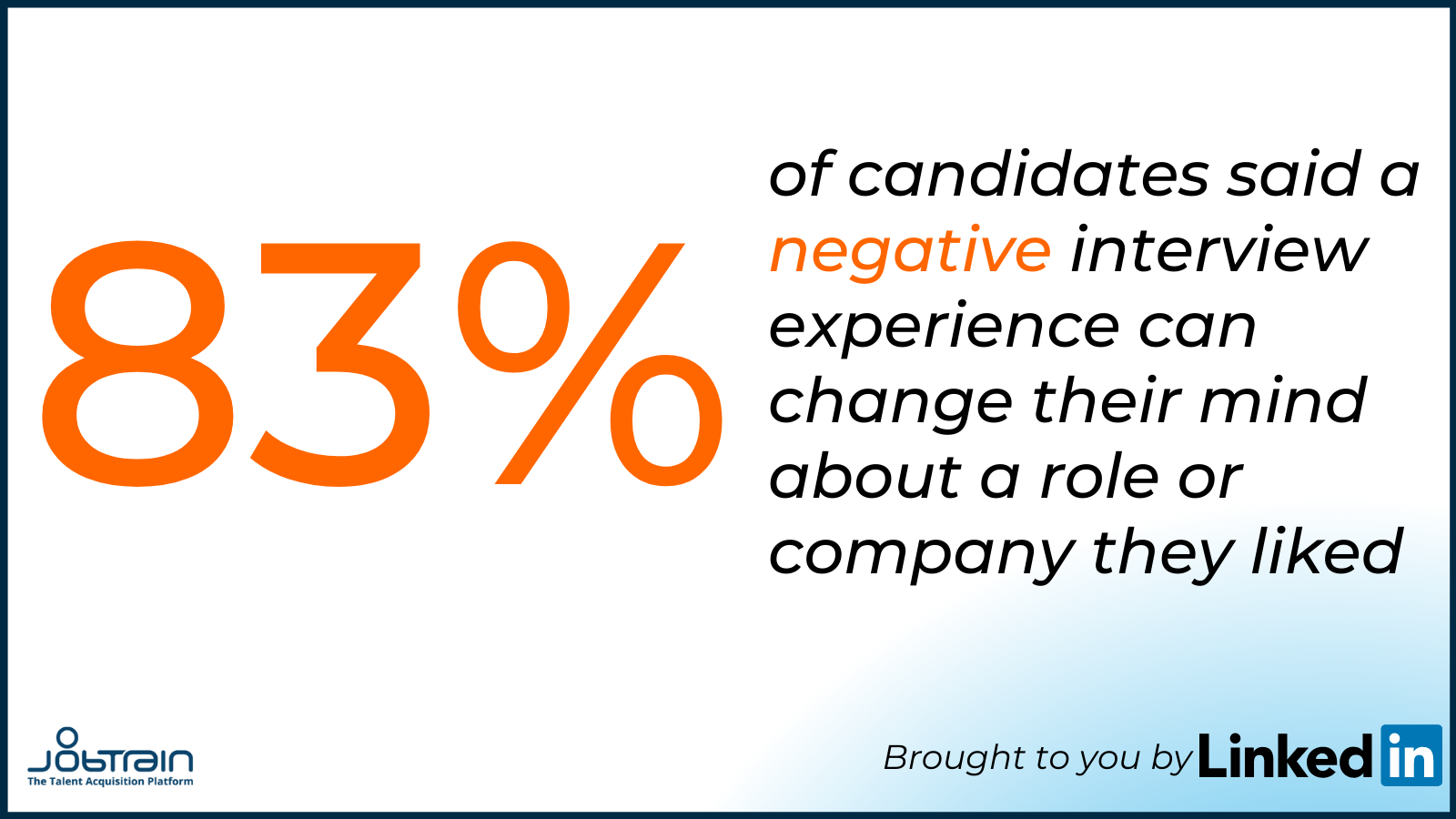1 - Understanding Generation Z
2 - The challenge
3 - Strategies for adapting recruitment
As the workforce evolves, local governments are faced with a significant challenge: attracting and engaging Generation Z. Born between 1997 and 2012, Gen Z is not just entering the workforce; they are redefining it with their unique set of values, skills, and expectations. For local governments and councils, adapting to these new dynamics is not just beneficial; it's essential for future success.
Understanding Generation Z
To effectively adapt recruitment strategies, it's crucial to understand who Gen Z are.
This generation has been raised in a digital world, with technology as a constant presence in their lives. They are known for being tech-savvy, socially conscious, and valuing authenticity and diversity. A study by McKinsey & Company describes Gen Z as "identity nomads" who are highly individualistic and expressive.
The challenge for local government
The challenge for local governments lies in aligning their recruitment strategies with the expectations and values of Gen Z. Traditional methods may no longer be effective. This generation seeks meaningful work that aligns with their values, offers flexibility, and provides opportunities for growth and development.
Embracing technology
Our applicant tracking system (ATS) is a testament to the importance of technology in recruitment. Gen Z candidates expect a seamless, digital-first application process. A survey by Yello (2020) found that 83% of Gen Z candidates prefer to be engaged via digital methods like email or mobile apps during the recruitment process. Therefore, our ATS ensures a user-friendly, efficient, and accessible online application experience.
Promoting Diversity and Inclusion
Diversity and inclusion are more than just buzzwords for Gen Z; they are essential criteria for choosing an employer. According to Glassdoor (2021), 76% of Gen Z job seekers consider a company's diversity and inclusion policies when deciding on potential employers. Our recruitment strategies emphasise our commitment to creating a diverse and inclusive workplace, reflecting the communities we serve.
 Offering Development Opportunities
Offering Development Opportunities
Career development is a significant draw for Gen Z. LinkedIn's Workplace Learning Report (2022) revealed that 76% of Gen Z professionals consider learning as the key to a successful career. We focus on offering robust training programmes, mentorship opportunities, and clear paths for career progression to attract and retain this ambitious generation.
Strategies for adapting recruitment
Leveraging social media
Social media is an integral part of Gen Z's life. To reach them effectively, local governments must have a strong presence on platforms like Instagram, Snapchat, and TikTok. These platforms can be used to showcase our work culture, employee stories, and career opportunities in a relatable and engaging manner.
Fostering a purpose-driven culture
Gen Z seeks purpose and impact in their work. Our local government roles are positioned to highlight how they contribute to societal change and community development. We emphasise the impact of each role in making a tangible difference in people's lives.
Flexible working arrangements
Flexibility is no longer a perk but a necessity. Gen Z values work-life balance and prefers employers who offer flexible working arrangements. Big surprise!
Streamlining the application process
A lengthy and complicated application process can deter Gen Z candidates. Our ATS is designed to make the application process as straightforward and efficient as possible. We ensure that job descriptions are clear, the application steps are simple, and communication is prompt and transparent.
Engaging in continuous feedback
Gen Z values feedback and continuous learning. We have implemented regular check-ins and feedback mechanisms to ensure that our young employees feel valued, heard, and have the opportunity to grow and develop within their roles.
 Building a collaborative environment
Building a collaborative environment
Gen Z values collaboration and teamwork. We are fostering a work environment that encourages collaboration, where ideas can be freely shared and innovation is nurtured. This approach not only appeals to Gen Z's collaborative nature but also leads to more effective and creative solutions in public service.
Utilising gamification in recruitment
Gamification is becoming an increasingly popular tool in engaging Gen Z. By incorporating game-like elements into the recruitment process, we can make the experience more engaging and appealing to this generation. This could include virtual reality (VR) experiences that simulate job roles or interactive online challenges related to public service tasks.
If that all sounds a little over-complicated, don't worry! Gamification can come in all shapes and sizes - like a rewards system or acknowledging accomplishments.
 Showcasing career mobility
Showcasing career mobility
Gen Z is ambitious and seeks opportunities for upward mobility. Highlight clear career paths within your council, showcasing how roles evolve and the potential for advancement. This approach resonates with Gen Z’s desire for career progression and personal growth.
Prioritising mental health and wellbeing
Gen Z is more open about mental health than previous generations. Ensure that your workplace policies and benefits reflect a strong commitment to mental health and wellbeing. This includes access to mental health resources, supportive management practices, and a culture that prioritises employee wellbeing.
Adapting local government recruitment for Gen Z is a multifaceted challenge that requires a nuanced approach. By understanding their unique characteristics and tailoring our recruitment strategies accordingly, we can attract and retain the best of this dynamic generation. This is not just about staying relevant; it's about harnessing the potential of a generation that is tech-savvy, value-driven, and eager to make a difference. The future of local government, vibrant and effective, depends on our ability to engage and empower Gen Z.
.png?width=823&height=432&name=Borough%20Council%20of%20Kings%20Lynn%20and%20West%20Norfolk%20feedback%20(1).png)